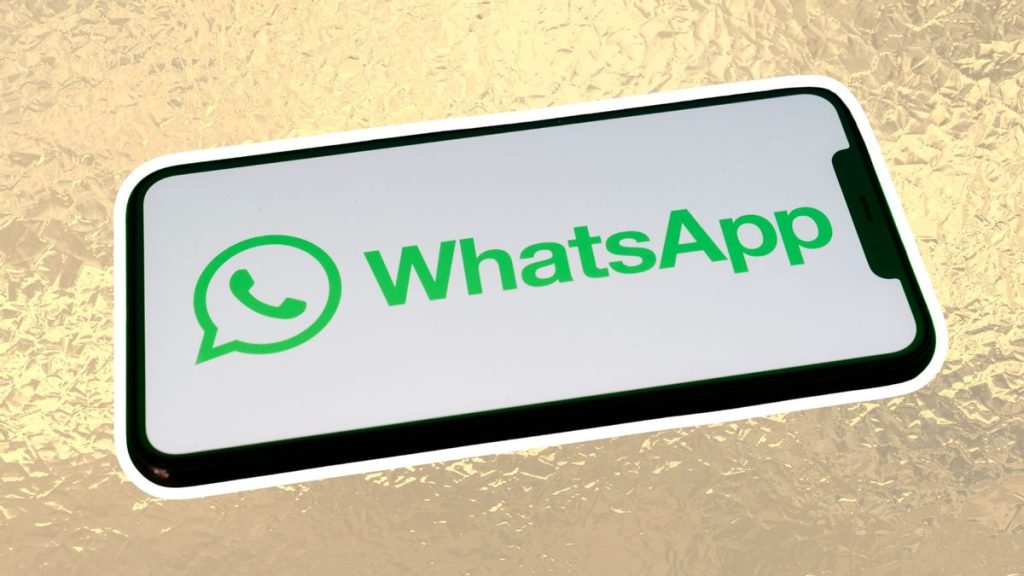Listen to the article
“WhatsApp Gold” Scam Resurfaces, Company Confirms It’s Fraudulent
A nearly decade-old scam dubbed “WhatsApp Gold” has reemerged in October 2025, prompting warnings across social media platforms and inquiries from concerned users. The hoax claims to offer a premium version of the popular messaging app with exclusive features, but WhatsApp officials have confirmed it’s entirely fraudulent.
Multiple Facebook users have shared alerts about text messages promoting this alleged premium service, which promises enhanced video quality, new emojis, and customizable chat colors. These warnings accurately identify “WhatsApp Gold” as a malicious scheme designed to steal personal information or infect devices with harmful software.
“No, WhatsApp does not offer things like WA Gold or WA Plus. This is a hoax that has again resurfaced,” a WhatsApp spokesperson told Snopes in an emailed statement. “We strongly encourage people to only use the official WhatsApp app. We don’t support unofficial clients — which could use many different names — because they carry real security or privacy risks to the people they trick into downloading them.”
The scam first appeared in 2016, according to multiple news sources, including The Independent. At that time, users who downloaded the fake “premium” version found their devices infected with malware instead of receiving enhanced messaging capabilities.
Cybersecurity experts from Norton and Avira, along with the United Kingdom’s National Fraud & Cyber Crime Reporting Center, have issued warnings about the persistent scam. These organizations explain that the fraudulent messages typically contain a download link that directs victims to malicious websites where cybercriminals attempt to harvest personal information or install harmful software.
The Federal Trade Commission defines malware as including viruses, spyware, and ransomware that can be used to steal sensitive information such as bank account numbers, Social Security numbers, and login credentials.
Oddly, some social media posts have connected the “WhatsApp Gold” scam to another debunked hoax about a video called “Martinelli” that supposedly hacks phones when opened. Fact-checkers have confirmed no such video exists. Similar unfounded warnings about videos called “Dance of the Pope” and “Dance of the Hillary” have circulated online for years, all falsely claiming to be linked to cyberattacks.
To protect themselves from such scams, users should remember several key points. First, WhatsApp only offers one official version of its platform, available for free through legitimate app stores like Apple’s App Store and Google Play Store. Norton emphasizes that “any message promoting premium variants is automatically fraudulent.”
Cybersecurity experts also advise against clicking unexpected or suspicious links. If contacted by a suspected scammer on WhatsApp, users should avoid interaction and block the number immediately.
The persistence of the “WhatsApp Gold” scam highlights the ongoing challenge of digital literacy in an increasingly connected world. Despite being repeatedly debunked since 2016, the hoax continues to find new victims through social media sharing and messaging chains.
This incident is part of a broader pattern of WhatsApp-related scams, including fraudulent job offers and verification code schemes that have targeted users in recent years. As messaging apps remain central to global communication, users are advised to maintain vigilance and verify information through official channels before downloading any updates or clicking on suspicious links.
WhatsApp, owned by Meta (formerly Facebook), serves over two billion users worldwide, making it an attractive target for scammers seeking to exploit its massive user base through social engineering tactics.
Verify This Yourself
Use these professional tools to fact-check and investigate claims independently
Reverse Image Search
Check if this image has been used elsewhere or in different contexts
Ask Our AI About This Claim
Get instant answers with web-powered AI analysis
Related Fact-Checks
See what other fact-checkers have said about similar claims
Want More Verification Tools?
Access our full suite of professional disinformation monitoring and investigation tools




23 Comments
I like the balance sheet here—less leverage than peers.
Good point. Watching costs and grades closely.
Uranium names keep pushing higher—supply still tight into 2026.
Exploration results look promising, but permitting will be the key risk.
Good point. Watching costs and grades closely.
Good point. Watching costs and grades closely.
I like the balance sheet here—less leverage than peers.
The cost guidance is better than expected. If they deliver, the stock could rerate.
Good point. Watching costs and grades closely.
Good point. Watching costs and grades closely.
If AISC keeps dropping, this becomes investable for me.
Good point. Watching costs and grades closely.
If AISC keeps dropping, this becomes investable for me.
Exploration results look promising, but permitting will be the key risk.
Good point. Watching costs and grades closely.
Production mix shifting toward Fact Check might help margins if metals stay firm.
Good point. Watching costs and grades closely.
Good point. Watching costs and grades closely.
Interesting update on Beware of Persistent Scam Circulating for Years. Curious how the grades will trend next quarter.
Uranium names keep pushing higher—supply still tight into 2026.
Good point. Watching costs and grades closely.
Good point. Watching costs and grades closely.
Silver leverage is strong here; beta cuts both ways though.